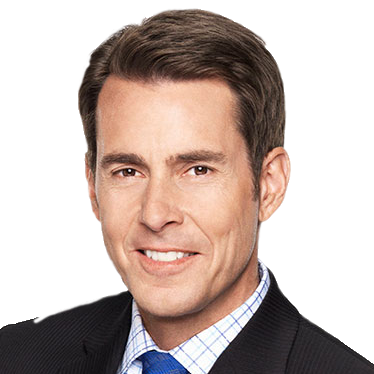
Tom Verducci
Biography
Tom Verducci was born in East Orange, New Jersey. After studying journalism at Penn State—including writing for The Daily Collegian—Verducci began a three-month internship with Newsday.After the internship, he left for Florida Today, before returning to the Long Island paper a year later as high school sportswriter and backup baseball writer.
From 1990-1993, he was Newsday’s baseball columnist, leaving for the same job at Sports Illustrated in 1993 and continues to be the magazine’s lead baseball writer.Since 2009, Verducci has also served as a field reporter, analyst and insider for MLB Network, TBS’s postseason baseball coverage and FOX, winning an Emmy for Outstanding Sports Personality — Sports Reporting in 2012.
Interviewed by Jake Eisenberg in 2015
My father was a high school teacher and football and baseball coach, so, I’m the son of a coach who grew up surrounded by sports.
There was all kinds of sports equipment around the house and in the garage, so it’s all I did growing up. I always loved sports, and baseball was my favorite sport as far as I can remember.
I actually liked writing as much as I liked sports themselves—maybe even a little more.
For whatever reason, I gravitated toward it, enjoyed it and looked forward to writing assignments in school.
It was always natural to combine a love of writing with a love of sports. I say that because it’s something I knew I wanted to do as far back as I can remember.
I’ve been lucky to pursue something that, for me, was the first choice as a career path from a very early age.
My first introduction to the world of journalism was probably as a newspaper delivery boy. I delivered the Newark Star-Ledger before school—it used to come at the doorstep at 5:30 or 6:00 a.m.
But, before I delivered the papers, I’d make sure I cracked open one of the issues and read the sports section. There was something about knowing what had happened before everybody else did—at least everybody else on my paper route.
I was intrigued by information, knowing that information before others did, and how that information was presented.
Also, being a sports fan, I’d watch games on television. At the time, I was a Mets fan. I’d watch a Mets game on television, and I wanted to read the paper the next day to see who said what after the game or if something happened in the game I missed on television that the writer would cover in the story the next day.
I had awareness, not just following sports and who won and who lost, but also the “whys” behind the game.
We were lucky in our house because I was delivering The Star-Ledger, my mom would read the New York Daily News, and my dad would often bring home the New York Post, so we always had two or three newspapers in the house growing up.
I was reading guys like Dan Castellano and Moss Klein, who were the beat writers of the Mets and the Yankees for The Star-Ledger. Dick Young was a real big name columnist at the time for the New York Daily News, so those names still stand out.
It really didn’t matter who was writing, it was more that I was just trying to absorb everything. I was a fan of anybody and everybody.
There was a columnist for The Star-Ledger called Lloyd Glicken who covered high school sports. My dad, being a high school coach, was often interviewed, sometimes while I was in earshot while he was on the phone.
That was also a little peek behind the curtain to hear him interviewed by a sportswriter and see how the story turned out the next day.
I have three brothers and four sisters. We were always playing sports, following sports, competing against one another—it was a very competitive environment growing up.
When I was playing football in the street or stickball at the schoolyard, the guys I was pretending to be were the guys playing on the varsity teams that my dad coached. I looked at sports differently than most kids.
There was a high school state championship game and my dad was coaching, and there was a situation with a runner at first and third base. He put on a play to have the runner at first break early to influence a balk from the pitcher. And he got it—the pitcher didn't step off the rubber before he attempted to throw to a base—a balk—but the umpires missed it.
We wind up losing the game by one run and, at about nine years old, I’m understanding the balk rule and the strategy behind trying to influence a balk in that situation.
My dad would be watching games on TV and diagraming plays and taking notes and using those for his high school team so I got to see all the work that goes on behind the scenes from a coach’s perspective, not a fan’s perspective.
In middle school, we had typing class and one of the things I did in typing class—it wasn’t even an assignment, I did it on my own—is put together a newsletter for the middle school. I basically used the typing class to type up a miniature newspaper.
For me, it wasn’t just the assignments that the teachers gave me, sometimes I’d like to do things on my own.
The newsletter was heavy in sports, and I remember putting trivia questions in there. There were probably some nice things to say about typing class in case the teacher ever got his hands on it—I was using the typewriters in class to produce the darn thing.
If the teacher came across it, I was probably lauding his abilities. It wasn’t very big; it was basically the front and back of a sheet of paper. But again, it was something that—of my own free will and time, I just thought was a cool thing to do.
It was something that was sort of a hobby. I tell young people that if you can turn your passion into a vocation, to me that’s the definition of a very rich man or woman.
In high school, I was writing for the school newspaper, playing football, basketball and baseball too, so I was busy in sports for sure.
I was also working as a stringer—even before high school actually—for some local newspapers, calling in the football games and the scores and details of games. I was still looking at that career path and was trying to get as much experience as I could.
It was kind of weird I guess to be playing the sports and covering them. I knew what I wanted to do in life, so I didn’t see it as a conflict of interest at all, especially at that age.
I just thought it was an opportunity to do something I liked to do—which is writing. It’s not like we had a paper coming out every day. It came out once a month maybe, every couple of weeks.
It was just a few stories, but anything to me—and I hesitate to say to gain experience—but it was more like, I thought it was fun, more so than thinking it would look good on a resume someday.
I was trying to consume as much as I could—I didn’t focus on the style of any one particular writer. I remember, my father brought me to some sports dinner somewhere, and there was a businessman there. When he heard what I wanted to do he just said, “I’ll give you one piece of advice, read anything and everything. Whether you’re reading the back of a soup can label or a newspaper, reading is always going to make you a better writer.”
For some reason, that really stuck with me. This was a guy who was not even in journalism. So I wasn’t really trying to narrow it down to one or two writers, as much as I was trying to take in everything.
Back then, you either worked in print journalism or you worked in electronic journalism and there was pretty much firewall between the two of them. Nobody really thought about doing both—it was an either/or scenario. For me, growing up, I never thought about broadcasting at all, it was always writing.
My dad used to coach at Joe Paterno’s summer football camps. I went up as a young kid and remember seeing the campus. I can’t tell you I saw many campuses, but I just loved what I saw at Penn State, so I had this ideal of what college could be, and it was based on visits to Penn State.
Once I found out that they did have a really good journalism program, it made it easy for me. I was definitely inclined to go away to school—I did not want to stay at home. Being one of eight kids, I was ready to go out and be on my own. Penn State was far enough away but close enough to home that it made a lot of sense. There was also a big-time Division I sports program there, and for me, I understood a good journalism program covering a really big sports team at a newspaper that was produced daily sounded like a good recipe for experience.
At a bigger school, you also have more competition in terms of getting premier beats or getting your foot in the door at the student newspaper—not everybody can cover the football team. I didn't realize that. When you’re young, you don't think about the competition or the odds, you just plow ahead with what you think you want to do.
I was also playing baseball at the time, so my days were full. I had classes during the day, baseball practice in the afternoon and I’d be at The Daily Collegian at night until whenever the newspaper was put to bed—maybe 1:00 a.m. I got $75 every two weeks.
I started covering Penn State football as a sophomore, which was something that didn’t happen too much.
My professors would hate to hear it, but that experience was probably the best class that I could have because it was real-world experience.
On a Saturday at Penn State, you’d see all the writers come in from Pittsburgh and Philadelphia, Allentown and Harrisburg, and you got to see how real professional sportswriters worked—the good and the bad of it. Just being in that environment was the best classroom that I could’ve had.
I had never been on an airplane before I went to college. My first flight was to Memphis to cover the Liberty Bowl. All kinds of doors opened up for me. The experience was more than I ever imagined.
I was also stringing for United Press International on Penn State basketball and some high school swim meets. I was covering high school football on Friday nights for a very small paper called The Clearfield Progress. Basically, anything that popped up that I wanted to pursue, I did. There’s no such thing as an assignment that’s too small to take—every assignment is an opportunity.
As I was graduating, I had two job offers: one was a three-month internship at Newsday, and the other was a sportswriting job at a newspaper that was starting up in Montgomery County, Pennsylvania. I wasn’t sure which one to take and I asked a lot of people—professors, family, etc. Do you go with a short-time internship at a very big paper, or do you take a full-time job at a very small paper that’s just starting out?
After a couple of weeks, I decided that there were so few full-time jobs that I should take the full-time job and get started in the business. So I called up the sports editor and he was surprised to hear from me. He said, “Where have you been? We hadn’t heard from you, so we wound up giving the job to somebody else.” So, I was down to one job, and that was the internship at Newsday.
As it turned out, that was the best thing that happened to me. The internship was a really good one—I got a lot of really good writing assignments. I was out at games at Yankee Stadium, covering U.S. Open tennis, etc.
I’ll never forget the first time I sat down to write a story, the sports editor said to me as I sat down in front of the computer, “Hey, just remember you’re not writing for The Daily Collegian anymore.”
He was trying to impress upon me that I’m writing for what, at the time, was one of the ten largest papers in the country, not a student paper of 20,000. It just struck me as odd, because I’d never thought of things that way. To me, it doesn’t matter if one person is reading or a million people are. You’re still doing the best you possibly can. I just remember thinking that it was a weird thing to say—was I supposed to write differently?
When I left after three months, they told me to stay in touch in case a job opened. the internship, I applied to all kinds of different places, just like I had before I graduated. I knew about Florida Today because of friend of mine I was in college with, Jon Saraceno, was there.
They had an opening that came up and they hired me. A year later, Newsday hired me. Of course, my name would’ve been another in a long file if not for the internship, but because I had it and they knew what kind of stuff I could produce, and I did keep in touch with them the year I was in Florida, I was back there just a year later.
Originally, I was hired to be a high school sportswriter and back up the baseball beat writers. Becoming a baseball columnist didn’t occur until about seven or eight years after.
There’s no better way to prepare as a writer than being a baseball beat writer, especially during the tabloid wars in New York. That’s the equivalent of going to Camp Lejeune as a Marine. You learn the basics of the business; you learn how to fail; you learn how to succeed; and how to be a reporter, which is where all writing begins. That’s the main lesson that came out of it—the emphasis on reporting.
In 1993, I moved to Sports Illustrated. To me, the opportunity to work at SI with the emphasis on writing and the craft of writing, and having time to craft something worthwhile was really appealing.
My favorite piece is probably when I played for the Toronto Blue Jays in spring training for a week. I’d always tried to get as close to the game as I possibly could, or let fans get as close to the game as possible. And, there’s no better way that actually to see it from the ground up—literally, the dirt underneath your spikes.
I thought about doing this, even though I hadn’t played baseball in years. But it wasn’t about me; it was about giving the fans a really up-close view of the game. So I went to the Blue Jays General Manager J. P. Ricciardi and I asked about this idea and I figured he would not agree to it. Instead, he asked me when I wanted to show up.
I remember being in the batting cage one day against Roy Halladay. John Gibbons was the manager and he said, “Well, you did sign a release, didn’t you?” I said no, and Gibbons told me I’d end up owning the team instead of writing about it.
It was the ultimate fantasy camp to be able to go there for a week, do everything the players did, be in the team meetings, all the drills, and finish up with an intersquad game.
Even though it was fun, I didn’t want it to be self-serving. I wanted it to be a window for people to see what the game is like up close. It’s a lot faster up close than it looks from the broadcast booth or press box for sure.
The first game I did from the booth, in 2009 when MLB Network was created, was with Bob Costas, which is like being called up from the Florida State League and going straight to the big leagues to be a catcher with Clayton Kershaw on the mound.
That was pretty intimidating, but I felt like the broadcast booth had a lot of similarities to writing to it. It’s about preparation, doing your homework, obviously knowing what you’re talking about, etc. But, it’s still reporting based. The presentation is different, the timing, mechanisms, etc. There was a lot to be learned, but the foundation of it is still being a good reporter.
The more I did it, the more I got comfortable and the more I actually liked doing the games. It’s an absolute blast to be able to do them now, especially when you talk about doing a World Series.
My typical routine would be to get to the ballpark five hours before the game and do all the preparation work we do for the broadcast. And then, when the game is over, my work is still just beginning in terms of writing—going down to the locker rooms, interviewing players, and then getting back to the hotel and writing a story.
By the time you get to bed with some of the World Series games, it’s three or four o’clock in the morning. And then you do the whole thing again. I think with all the prep work you do as a broadcaster, it actually makes the writing a little bit easier, because a lot of the reporting work is done beforehand.
I still enjoy both broadcasting and writing. The writing part of it is really in my DNA and certainly goes farther back, but the broadcasting part is certainly something that’s really fun.
There are a lot of differences between the two disciplines. I think when you work on a really long feature story, that story is with you from the minute you wake up to the minute you close your eyes and go to sleep—it never leaves. Whereas, if you broadcast a game, you can leave the game once it’s over with. To me, writing is much more pensive in terms of the mental labor of it.
I don’t think the industry has changed much on the whole because it’s still about information and presentation of information—that’s been true ever since the caveman went out and killed some animal and drew a picture on the wall to tell the story of it. There’s still a premium on people who can tell good stories well.
To me, and maybe I’m weird, that’s what makes sports enjoyable—that I can watch a game for the sake of the sport and I don’t care who wins or loses. I just appreciate the stories involved in the game and I’m never disappointed.
There is more of a premium now on being fast rather than accurate and good. I think there’s less attention paid to the craft of writing. I don’t hear people discuss the quality of writing as much as at least when I was starting in the business. So, how the information is presented certainly has changed.
It’s easy to see that people are reading less and there’s less of a premium on a well-told story in written form. That doesn’t mean it will go away—I don’t like to use “dying” as something to attach to newspapers or print journalism in general.
It probably is shrinking, not dying. I still think that a good story well told is something people want. There are definitely more stories being told in a digital sense than in print journalism than there used to be, and that seems to where the appetite is, especially for younger people.
I actually think, in this day and age, the well-written story has enhanced value because it’s not being done as often as it was before. It’s still the foundation of stories that become great visual stories. I think if you are someone that has the ability to write, I think there’s enhanced value to that even if the opportunities are fewer.
It’s definitely a changing landscape. As a journalist starting out, you can’t be like I was, which was thinking just about the printed word. Journalism now is a multimedia endeavor, and from day one, you have to be prepared to zig and zag in any direction.
People will tell you in this business that you have to be objective and you’re not the fan of any teams, but it strikes me very strange how many people in journalism actually do root for teams, and do have biases and allegiances like a 12-year-old fan. I can honestly say I have no favorite teams—I don’t root for any teams in any sports.
To me, and maybe I’m weird, that’s what makes sports enjoyable—that I can watch a game for the sake of the sport and I don’t care who wins or loses. I just appreciate the stories involved in the game and I’m never disappointed.
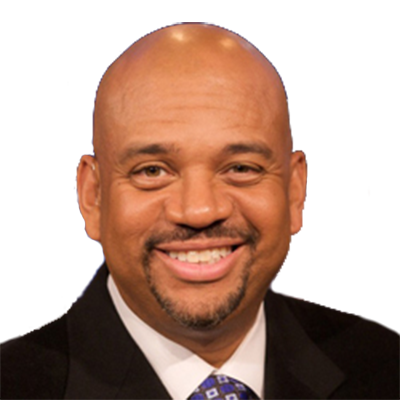 Michael Wilbon
Michael Wilbon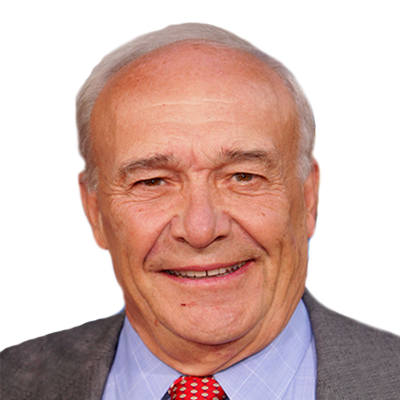 Bill Nack
Bill Nack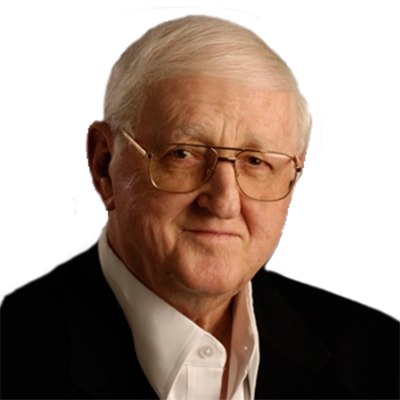 Dan Jenkins
Dan Jenkins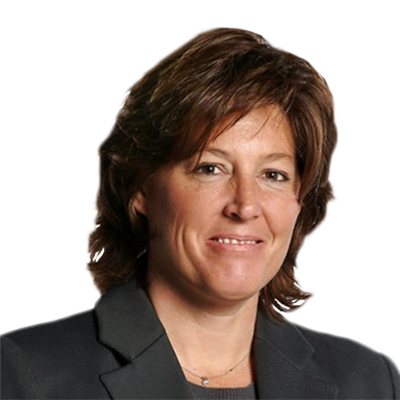 Sally Jenkins
Sally Jenkins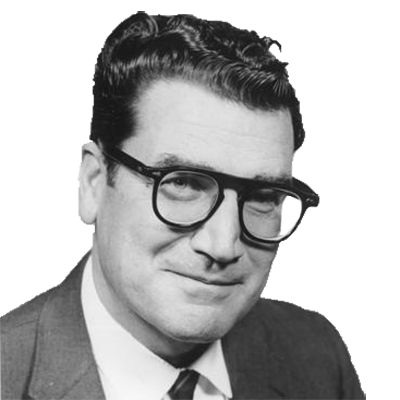 Jim Murray
Jim Murray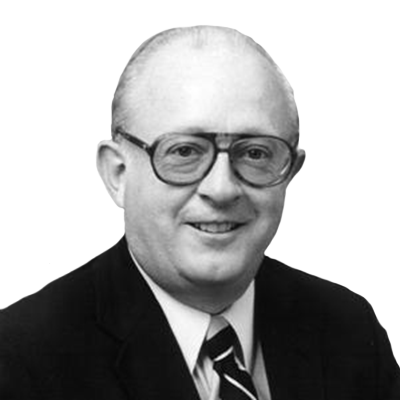 Dave Anderson
Dave Anderson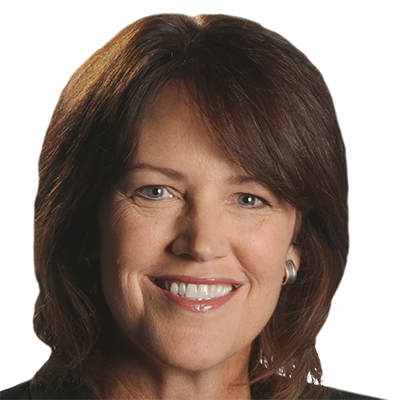 Christine Brennan
Christine Brennan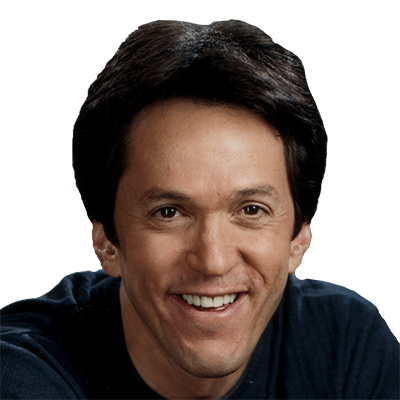 Mitch Albom
Mitch Albom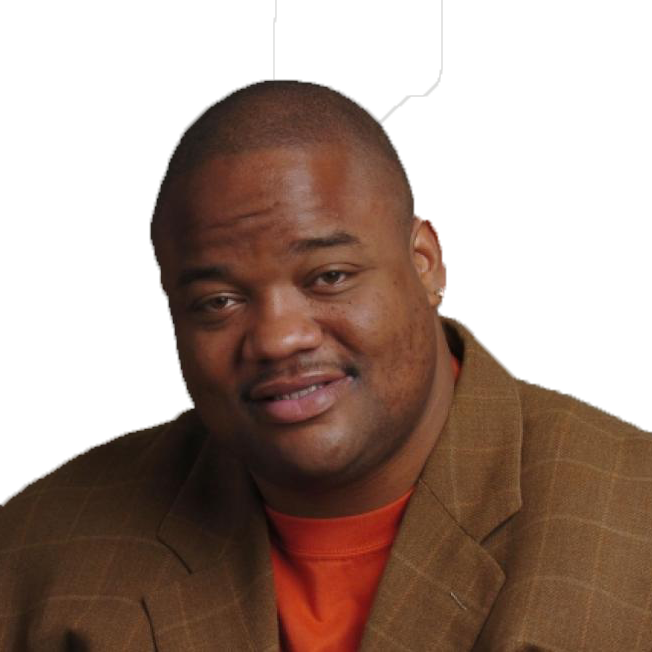 Jason Whitlock
Jason Whitlock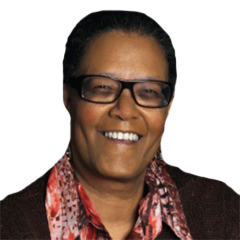 Claire Smith
Claire Smith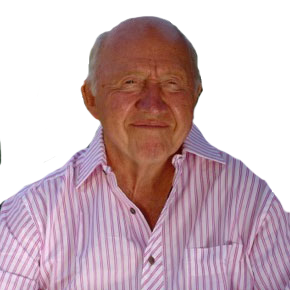 Bud Collins
Bud Collins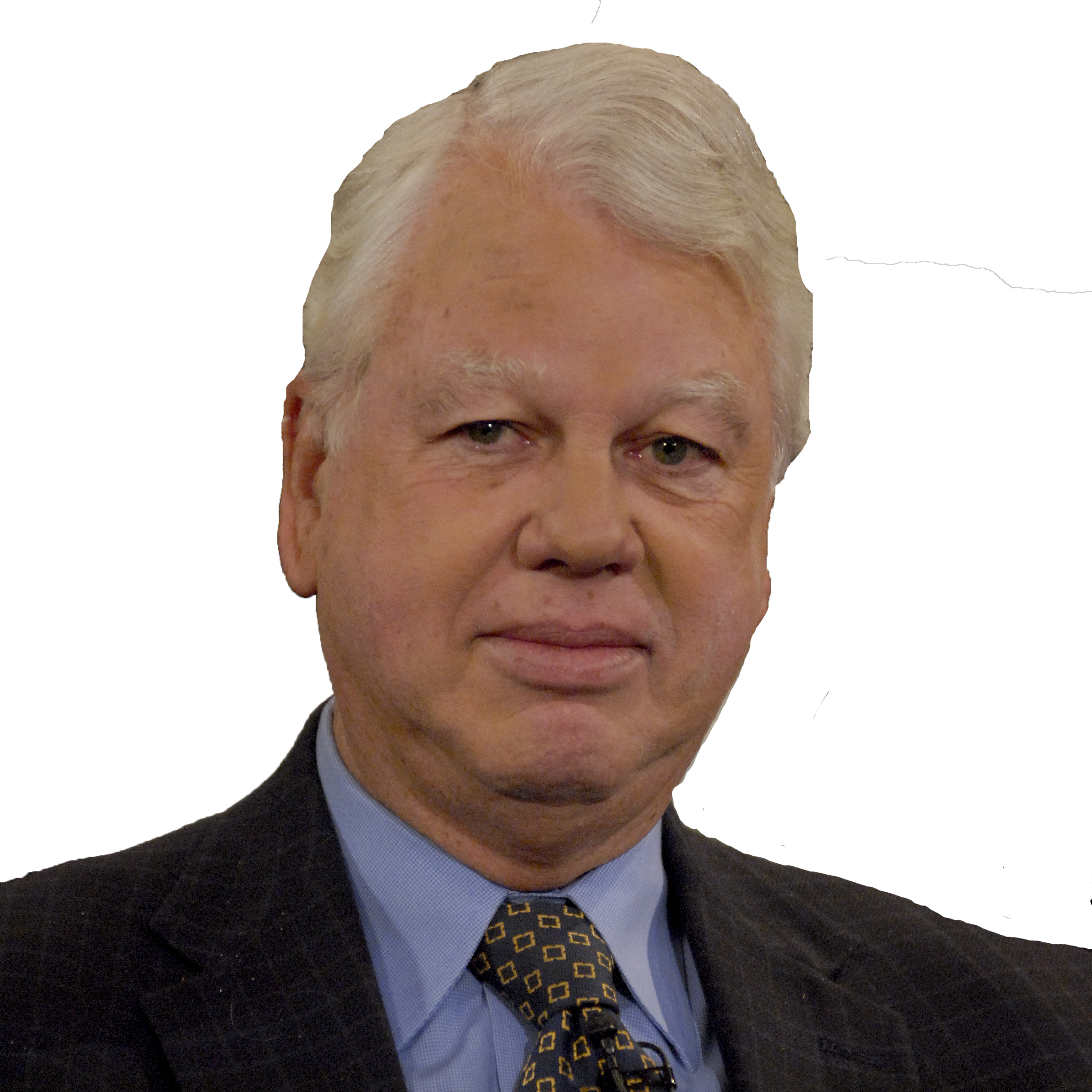 Bob Ryan
Bob Ryan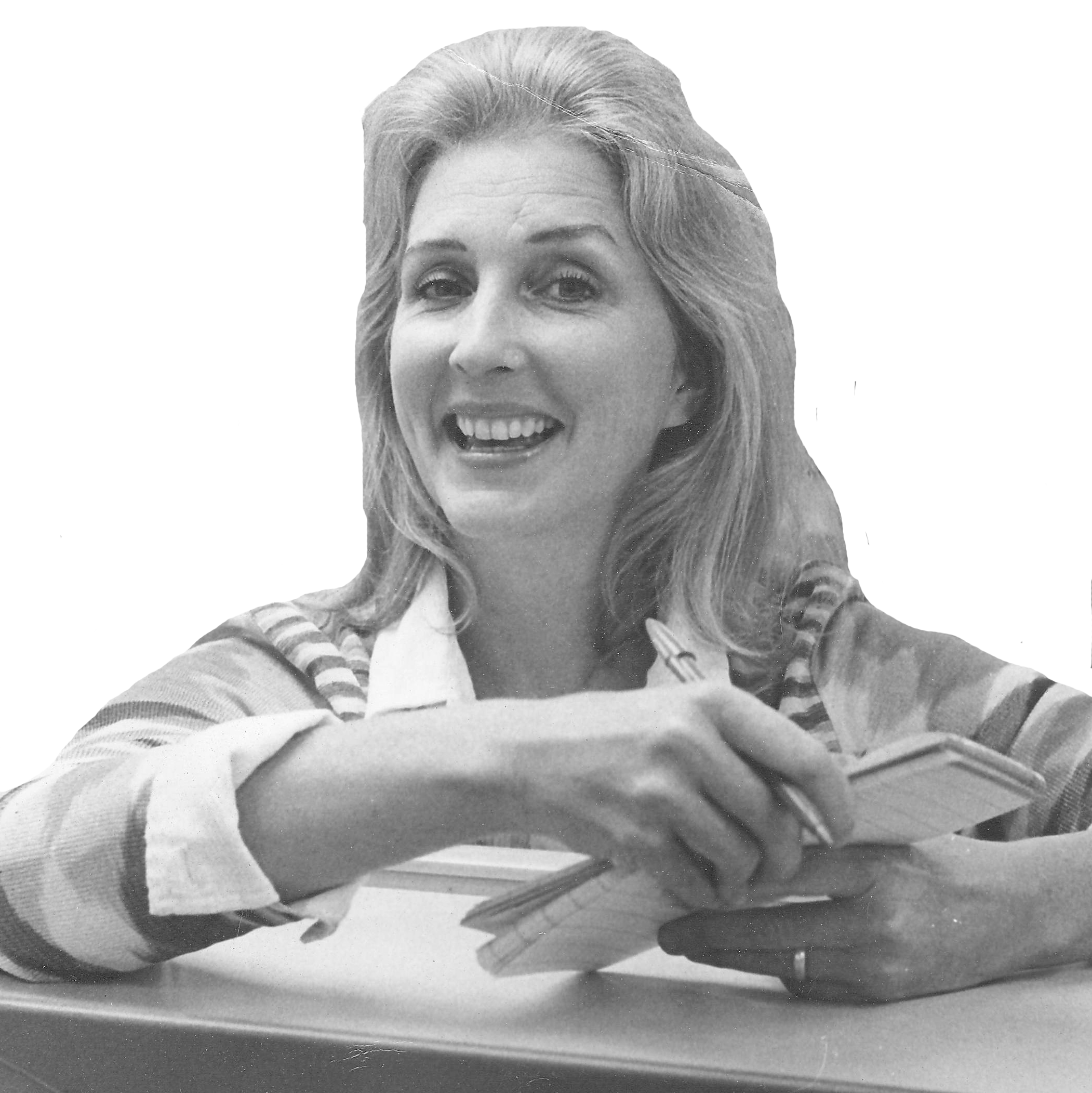 Joan Ryan
Joan Ryan Peter King
Peter King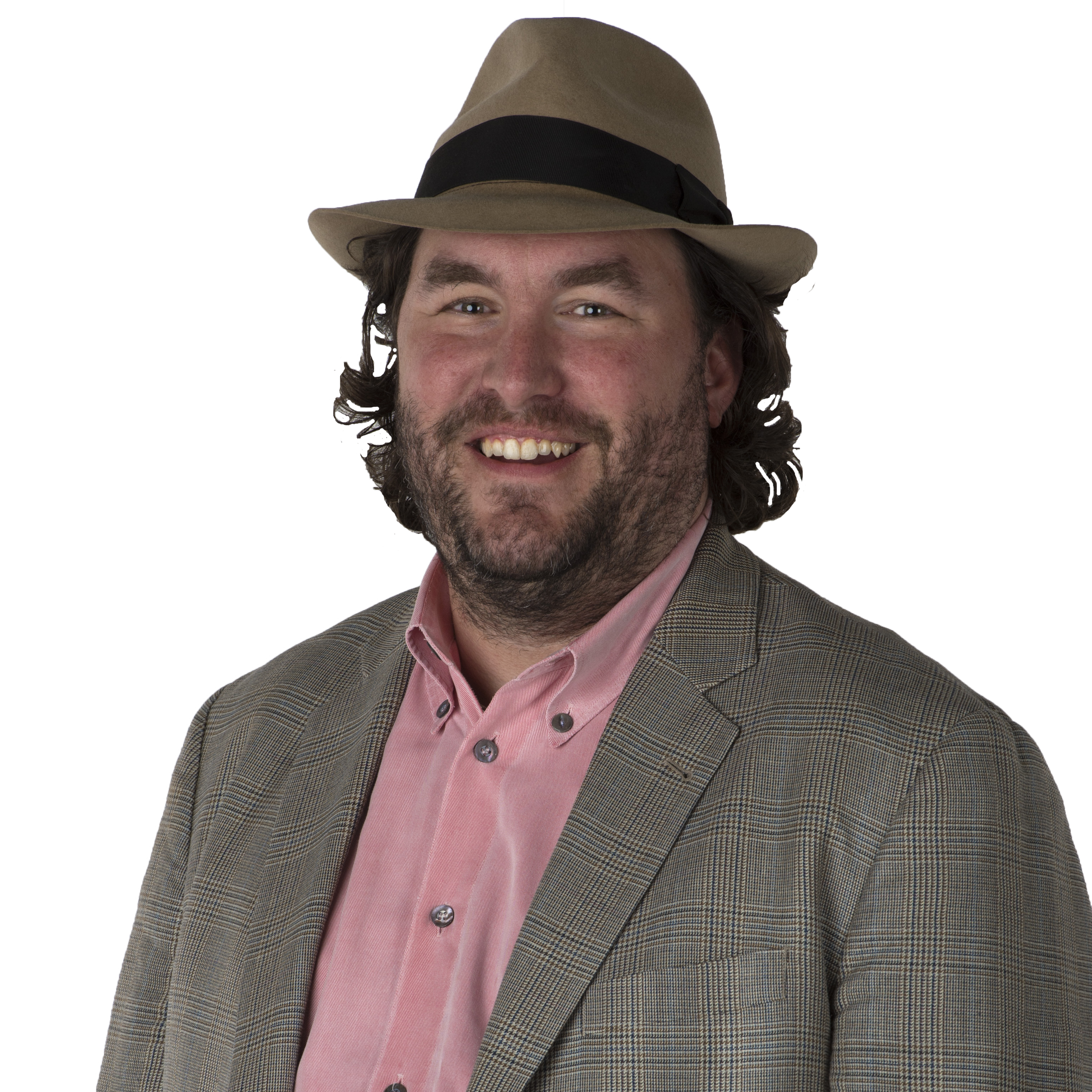 Wright Thompson
Wright Thompson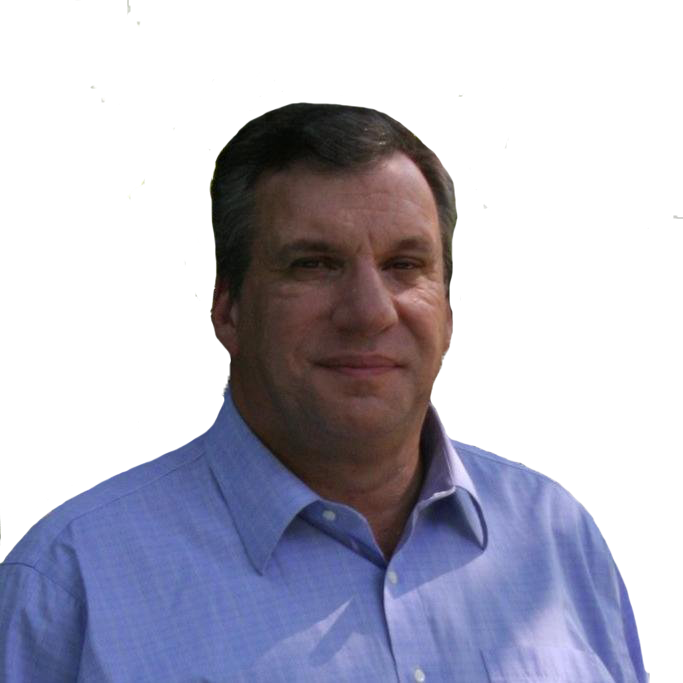 John Feinstein
John Feinstein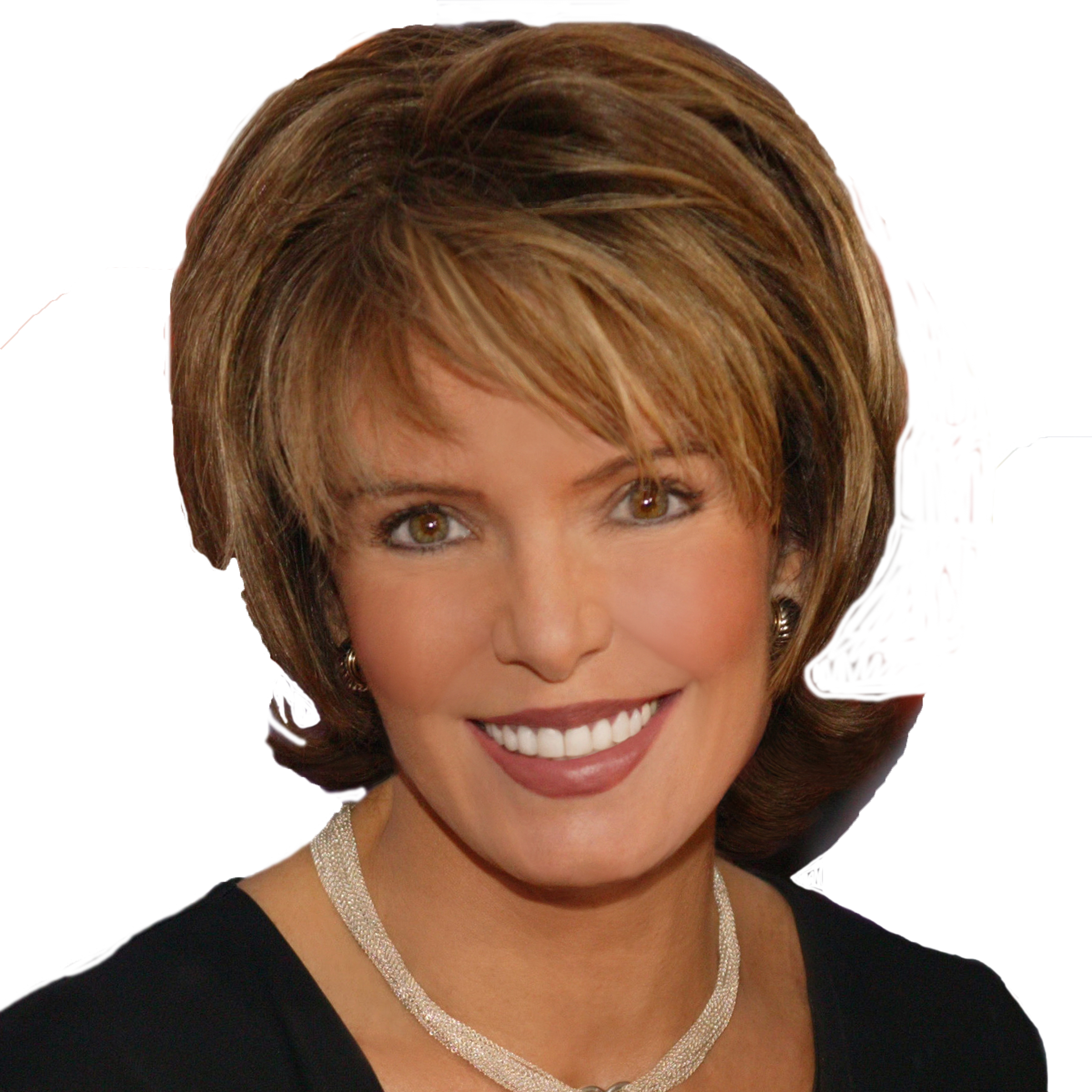 Lesley Visser
Lesley Visser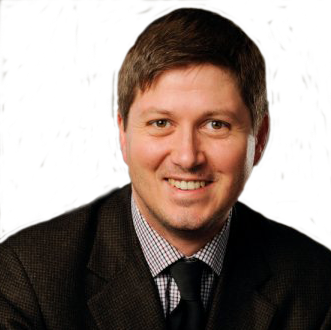 Will Leitch
Will Leitch Tim Kurkjian
Tim Kurkjian Joe Posnanski
Joe Posnanski
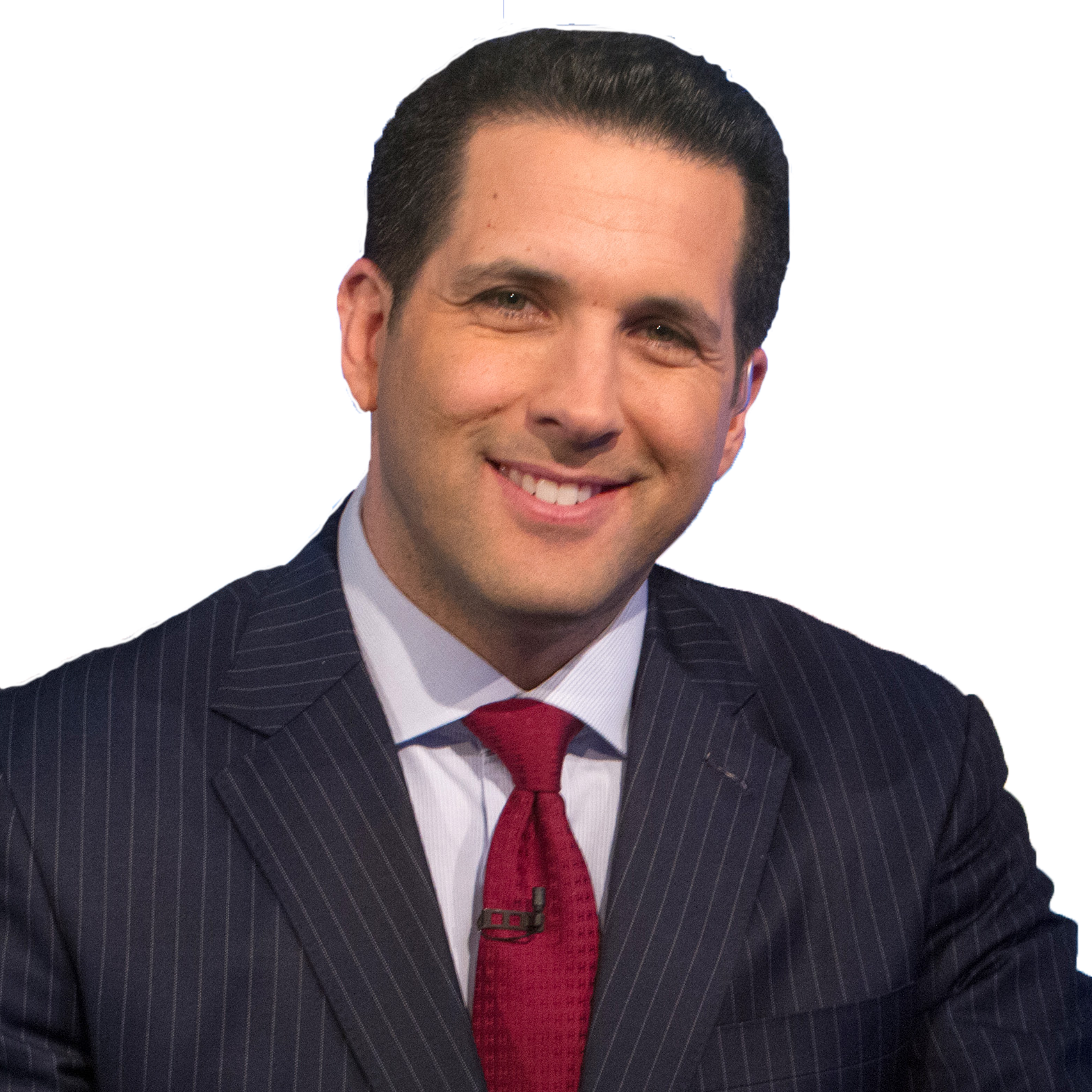 Adam Schefter
Adam Schefter
 Terry Taylor
Terry Taylor
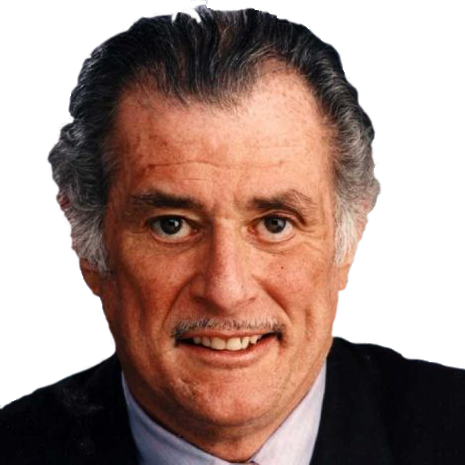 Frank Deford
Frank Deford
 Tom Boswell
Tom Boswell
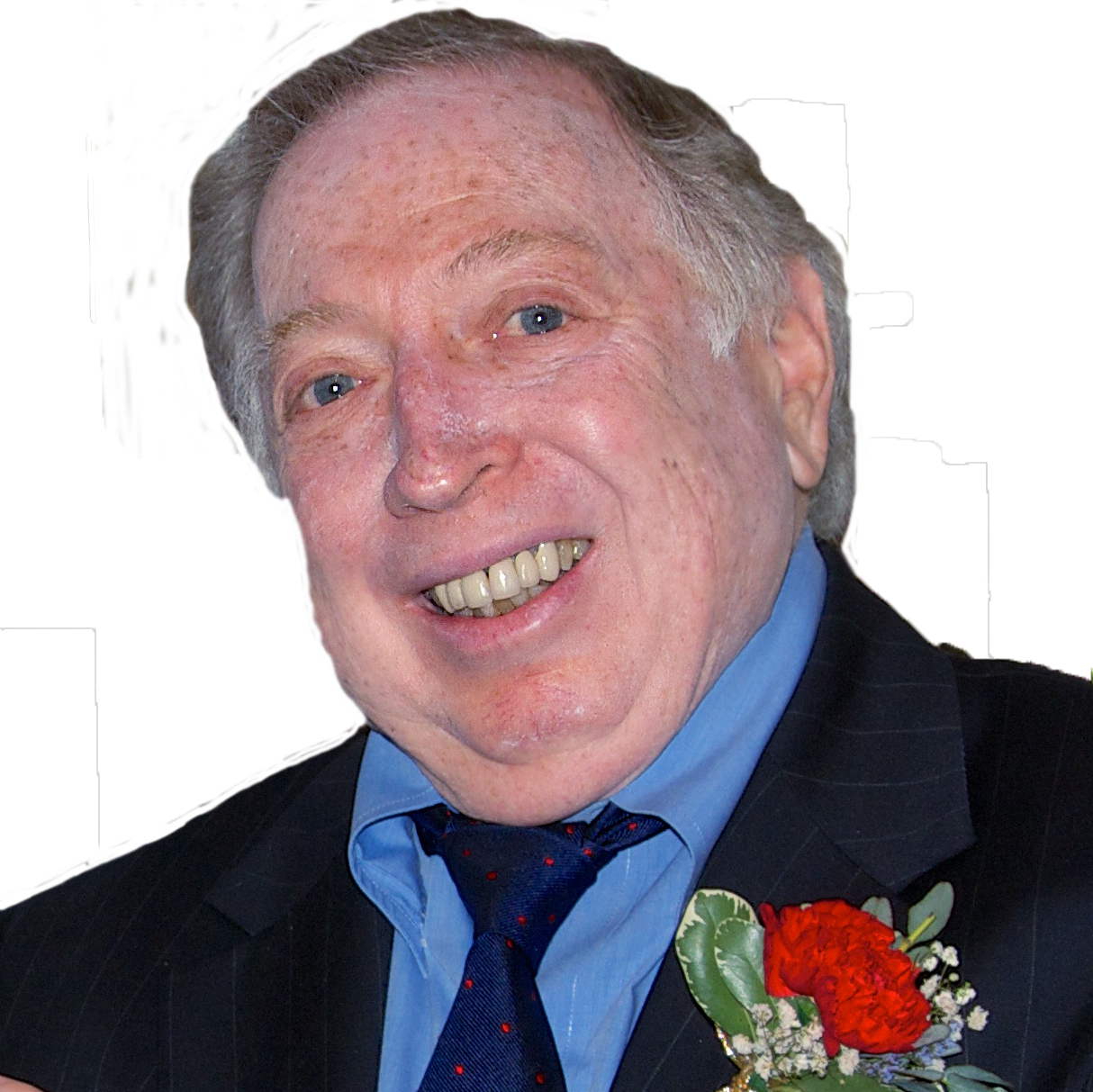 Neil Leifer
Neil Leifer
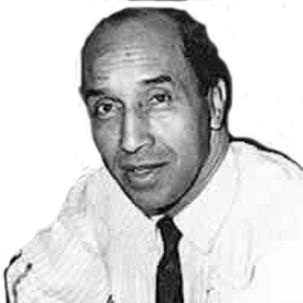 Sam Lacy
Sam Lacy
 Jane Leavy
Jane Leavy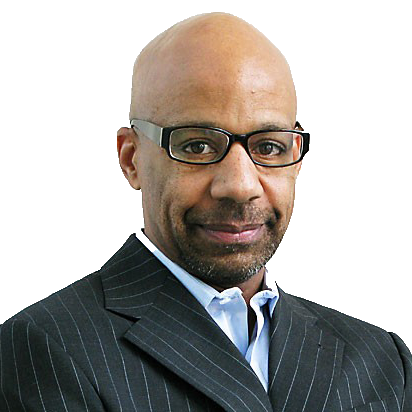 Kevin Blackistone
Kevin Blackistone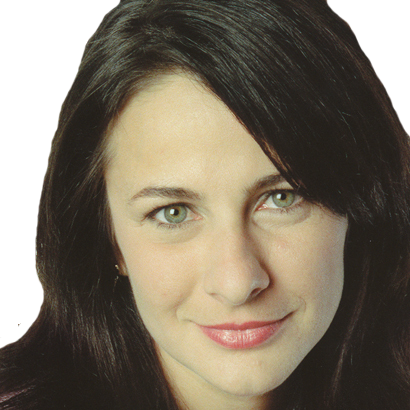 Juliet Macur
Juliet Macur Andrew Beyer
Andrew Beyer Tom Verducci
Tom Verducci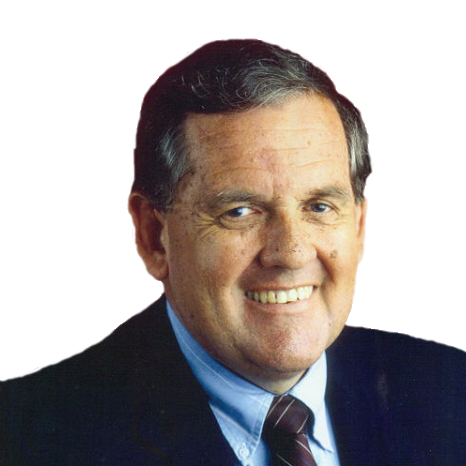 Hubert Mizell
Hubert Mizell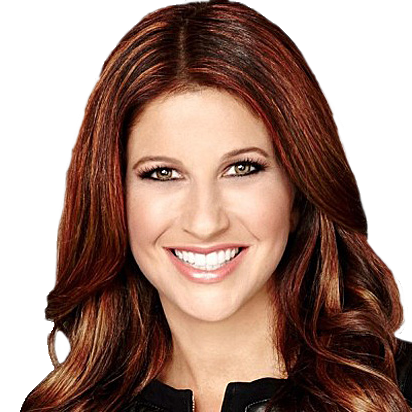 Rachel Nichols
Rachel Nichols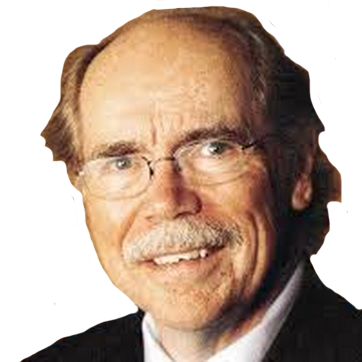 Dave Kindred
Dave Kindred Mike Lupica
Mike Lupica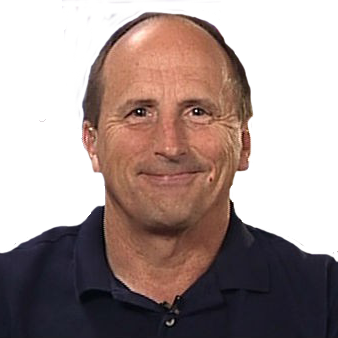 Richard Justice
Richard Justice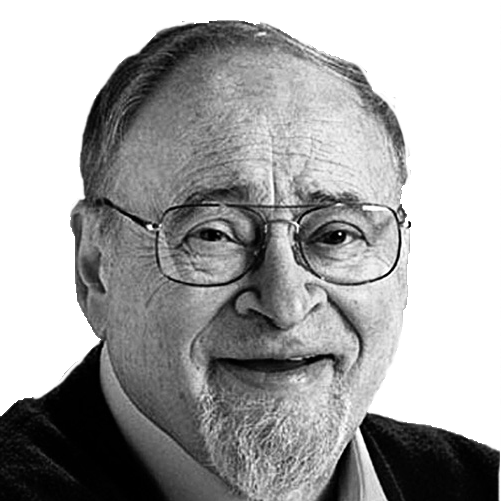 Jerry Izenberg
Jerry Izenberg Bill Plaschke
Bill Plaschke Kevin Van Valkenburg
Kevin Van Valkenburg George Vecsey
George Vecsey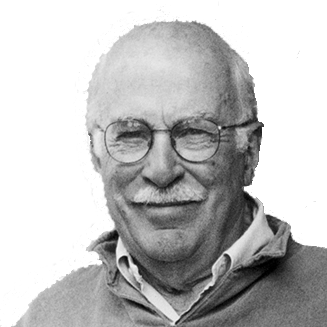 Roger Angell
Roger Angell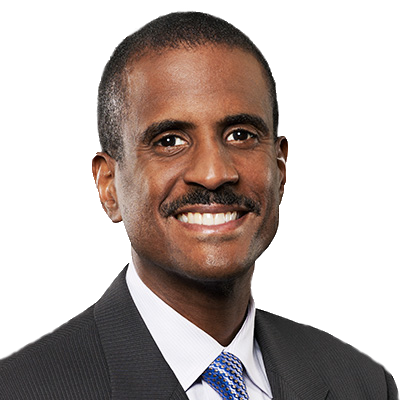 David Aldridge
David Aldridge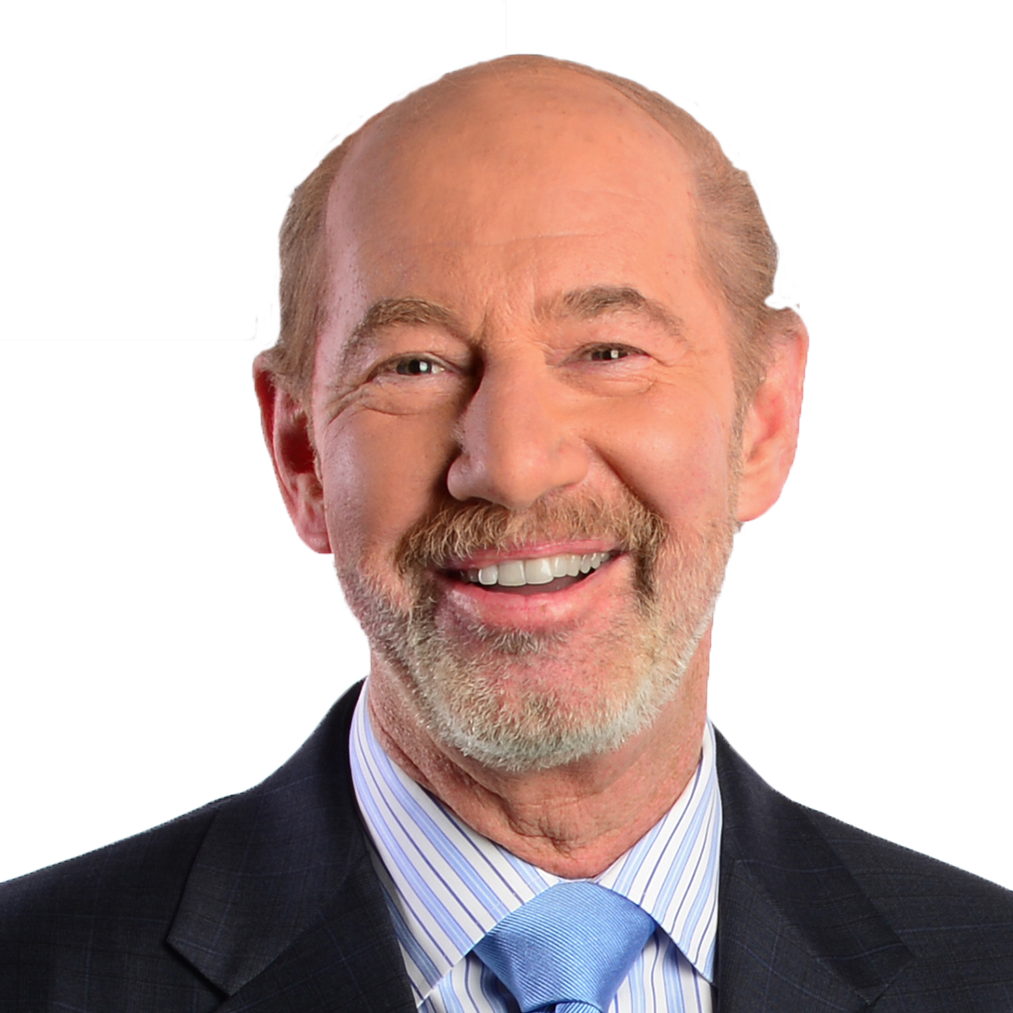 Tony Kornheiser
Tony Kornheiser Jackie MacMullan
Jackie MacMullan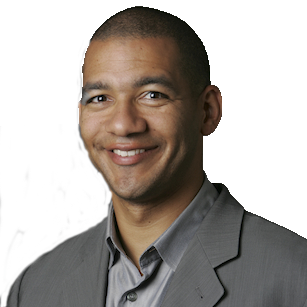 J.A. Adande
J.A. Adande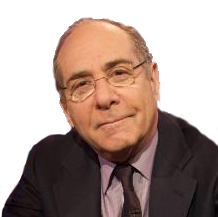 Robert Lipsyte
Robert Lipsyte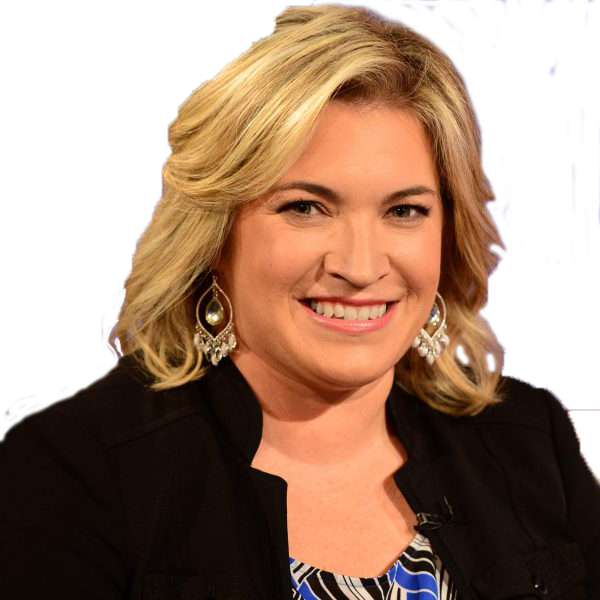 Ramona Shelburne
Ramona Shelburne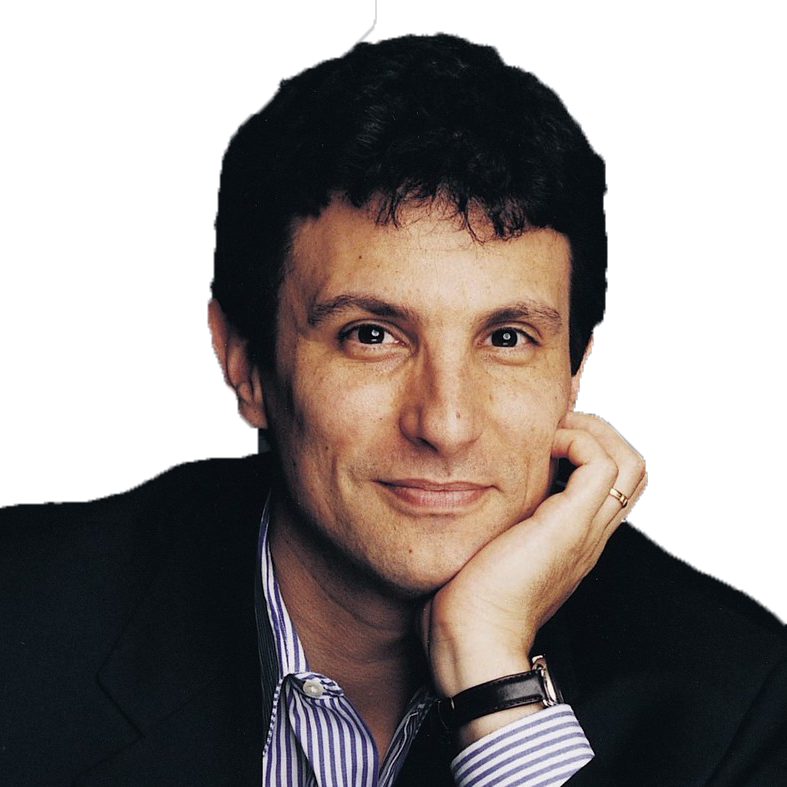 David Remnick
David Remnick Bryan Curtis
Bryan Curtis Chuck Culpepper
Chuck Culpepper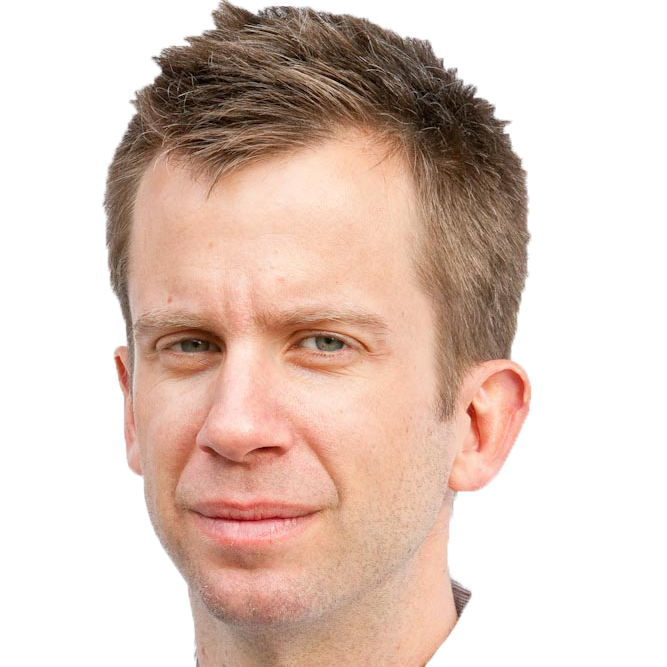 Jason Gay
Jason Gay Heidi Blake
Heidi Blake Dan Steinberg
Dan Steinberg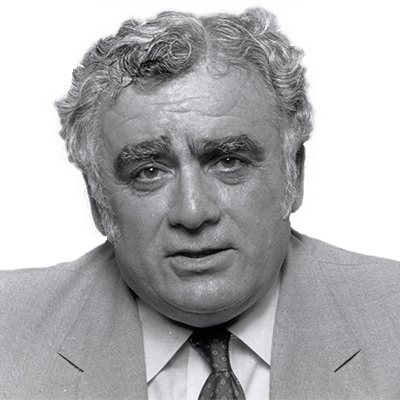 Jerome Holtzman
Jerome Holtzman Barry Svrluga
Barry Svrluga
